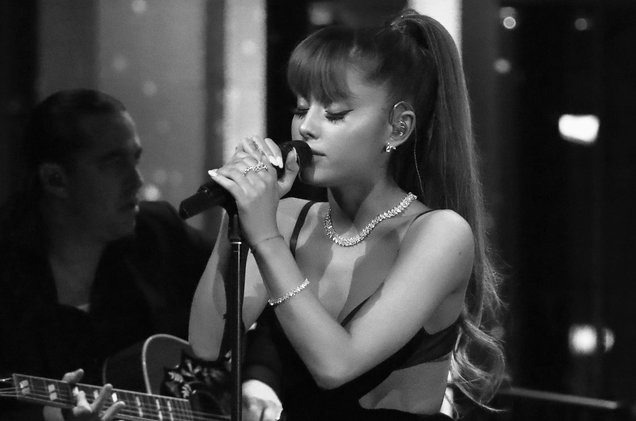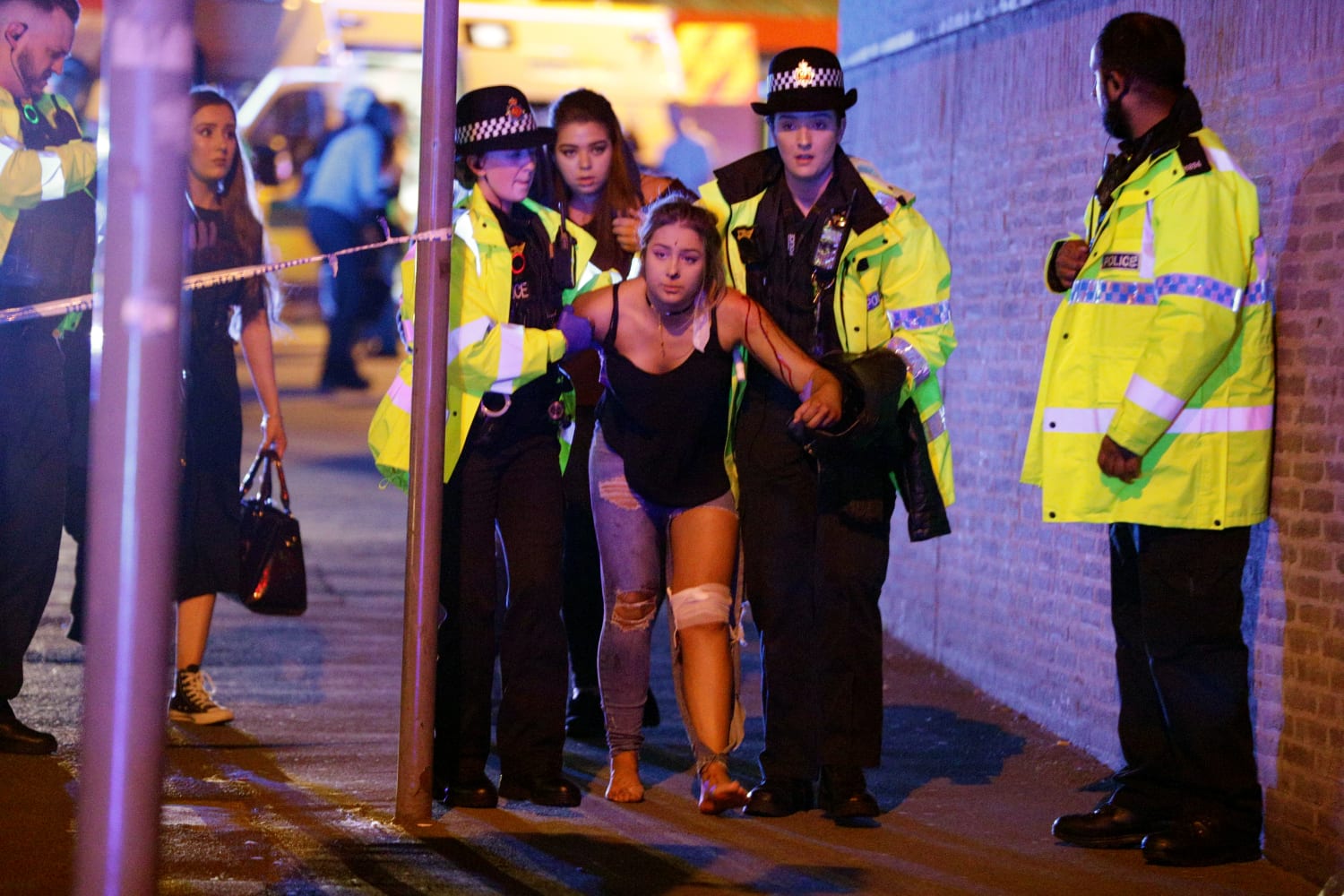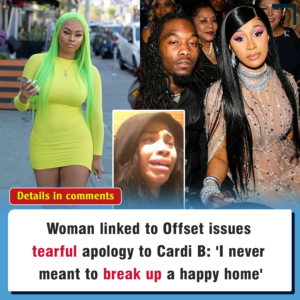In the aftermath of incomprehensibly horrible events, it is normal to search for some semblance of reason to hang onto. For some, this (often dangerously) includes determining a person or group of people to blame — even if that person could not, and should not, be held responsible.
For Daily Mail columnist David Harkin, the devastating suicide bombing that left 22 people dead and 59 injured at an Ariana Grande concert in Manchester, England, earlier this week was — apparently — the result of the sexuality and personal style of Grande herself.
Since the attack, I have seen a range of “takes” on it all over Twitter and Facebook. Many are brokenhearted, some are inspirational, and countless are extremely supportive of the victims and their loved ones, but this particular tweet — about Harkin’s Daily Mail article — left me rather speechless.
Despite my shock, I decided to read it for myself. In it, Harkin writes,

“Now that it seems likely the atrocity in Manchester was carried out by a freelance ‘soldier’ allied to Islamic State, there’s good reason to think neither the venue nor the performer were chosen at random. Why would anyone target a concert by the American singer Ariana Grande? The grim answer may lie in the fact that with her revealing stage outfits, her stockings, pink bunny ears and unabashed sexual confidence, 23-year-old Miss Grande is a symbol of everything Islamists hate.”
Ariana Grande, a 23-year-old musician, is allowed to exhibit “unabashed sexual confidence.” And while Harkin positions his article as though he is simply critiquing the perpetrator of the bombing, the way he repeatedly points out specific aspects of Grande’s appearance has a leering undertone that is underscored by photos of Grande onstage with her leg in the air and her back arched, as though the reader needs multiple visuals of the singer. [It’s almost as if Harkin was looking for an opportunity to slut-shame the singer while discussing the perpetrator of a terrible attack.

Of course, it’s important to note that any criticism Grande receives really can’t be compared to the amount of hatred and vitriol that members of the Muslim community often experience in the wake of terror attacks like the Manchester bombing — hatred to which Muslim women are especially vulnerable. As Lana Safah wrote on Allure Tuesday, Muslims are often asked to “denounce” terrorism despite having zero connection to it, and to explain time and time that their “religion does not condone violence and that an act of terrorism is a horrific act.”

[Still, Harkin’s focus on Grande’s body and outfits is] symptomatic of a larger societal issue. It’s indicative of the way women, particularly young women, are told that they’re to blame for the actions of violent men — and usually because of how they expressed their sexuality. Victim-blaming takes many forms. But whether we’re saying “If she hadn’t been wearing that, he never would’ve done this” or “If she had been more modest, maybe that terrorist would not have killed innocent people,” it’s wrong. From Steubenville to Stanford and just about everywhere else, in the U.S. and worldwide, women so frequently shoulder the blame for violence, including violence against themselves.
“Thus the sight of Ariana Grande and her risque stage outfits would be anathema to the fanatics,” Harkin writes. But here’s something very, very important to remember: women and female sexuality are already demonized in our society. Putting her face and body in an op-ed about how violent men decided to target her and her fans insinuates that if only she had been less sexually “confident,” if only she had worn different outfits, maybe — just maybe — her fans wouldn’t be targeted. Her fans would still be alive.
Let this be clear: some “hot takes” are not only bad or wrong, they’re also morally reprehensible. This is one of them.





